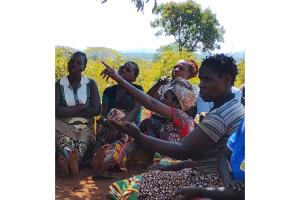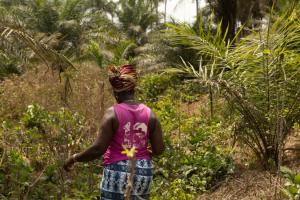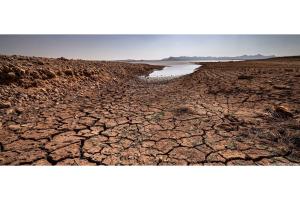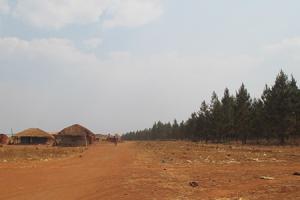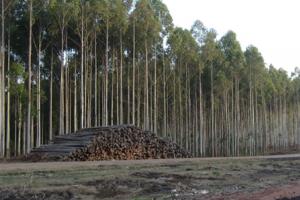Pulp and Paper
Large-scale tree monocultures to produce pulp and paper, along with the infrastructure and pulp mills that come with these plantations, have been expanding onto communities’ fertile lands. They have destroyed forests and grasslands, especially in Latin America, Asia and Southern Africa. The species used are fast-growing and not native to these countries. They include varieties of eucalyptus, acacia and pine trees.
On the frontlines of the promotion of monoculture tree plantations as a solution to the climate crisis, families affected by tree plantations in Mozambique, Tanzania and Brazil, have once again denounced the serious impacts on their lives and the environment.
As a condition to install its second pulp mill, the company UPM demanded that the Uruguayan state build a new railroad from the site where UPM plans to locate its mill to the port. The government would cover the costs of these infrastructure projects at the service of UPM.
In 2017, the Finnish company UPM signed a contract with the Uruguayan government to establish a third mega pulp mill. The project is subject to exorbitant conditions imposed by the multinational.
